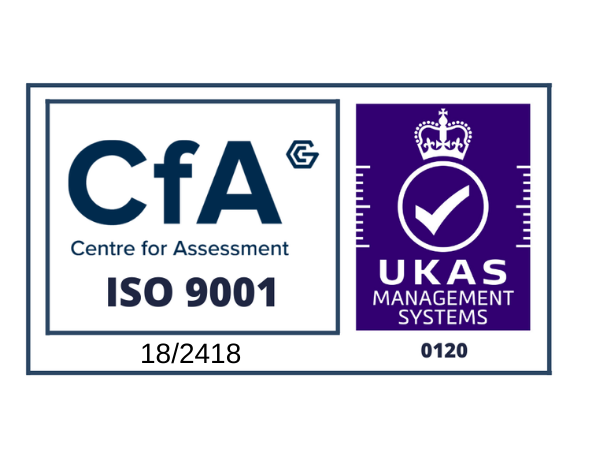Average House Sold Every 23 Years
New research shows that on average a home will have new owners once every 23 years. The length of time properties are now owned for is three times more than it was in the 1980s. This increased length of ownership is due to a number of factors and could be limiting the availability of properties for first-time buyers.
In the 1980s, turnover of homes happened on average every eight years. The new figure of 23 years comes from analysis of the IMLA data, which shows in the past three decades annual housing turnover in the private sector has decreased to 4.5% from more than 12%. This has led to the increase in the time owners are keeping hold of their properties.
Reasons Behind the Increase
The research comes from data in the Intermediary Mortgage Lenders Association (IMLA) annual report. One of the main reasons houses are being sold less often is that first-time buyers are becoming older. With a need for larger deposits to secure a property and less availability of mortgages, first-time buyers are finding it increasingly difficult to get on to the property ladder.
This factor is also combined with a bigger pool of private rented accommodation. This is required to support those people who are unable to purchase their own property. However, landlords are more likely to keep hold of a property for longer than an owner-occupier, tying up houses for greater periods of time.
An additional element that has contributed to the reduced turnover of properties is the baby-boomer generation. This was one of the first generations where we saw mass ownership of properties, and many people are holding on to their homes. A large percentage will have carried out work on the properties, such as adding a steel balcony, and are less likely to downsize as their family moves out than previous generations would have been.
The reasons that have contributed to this decrease in turnover will likely keep the trend the same in the near future. This lack of properties coming on to the market combines with a reduced level of house-building and a lack of affordability in the property market. Both of these elements are also having an impact on those wanting to buy their first home.
The Rise of the Cash Buyer
There is also a growing reliance on either cash or equity to buy homes, as opposed to the traditional mortgage. Housing transactions that were funded by mortgages fell to 41.7% in 2014, which was a record low. In comparison, 58.3% of the transactions used cash or equity to purchase the property. This in turn is having a knock-on effect on first-time buyers, who are struggling to finance their property purchase. They are often overlooked in favour of cash purchasers, who can generally proceed quicker and with fewer problems than those relying on mortgage approval.
Over the past three decades, the property market has certainly changed a great deal. Properties are now less affordable, which is causing owners to hold on to them for longer and improve them by building a steel balcony, for example, instead of moving.








